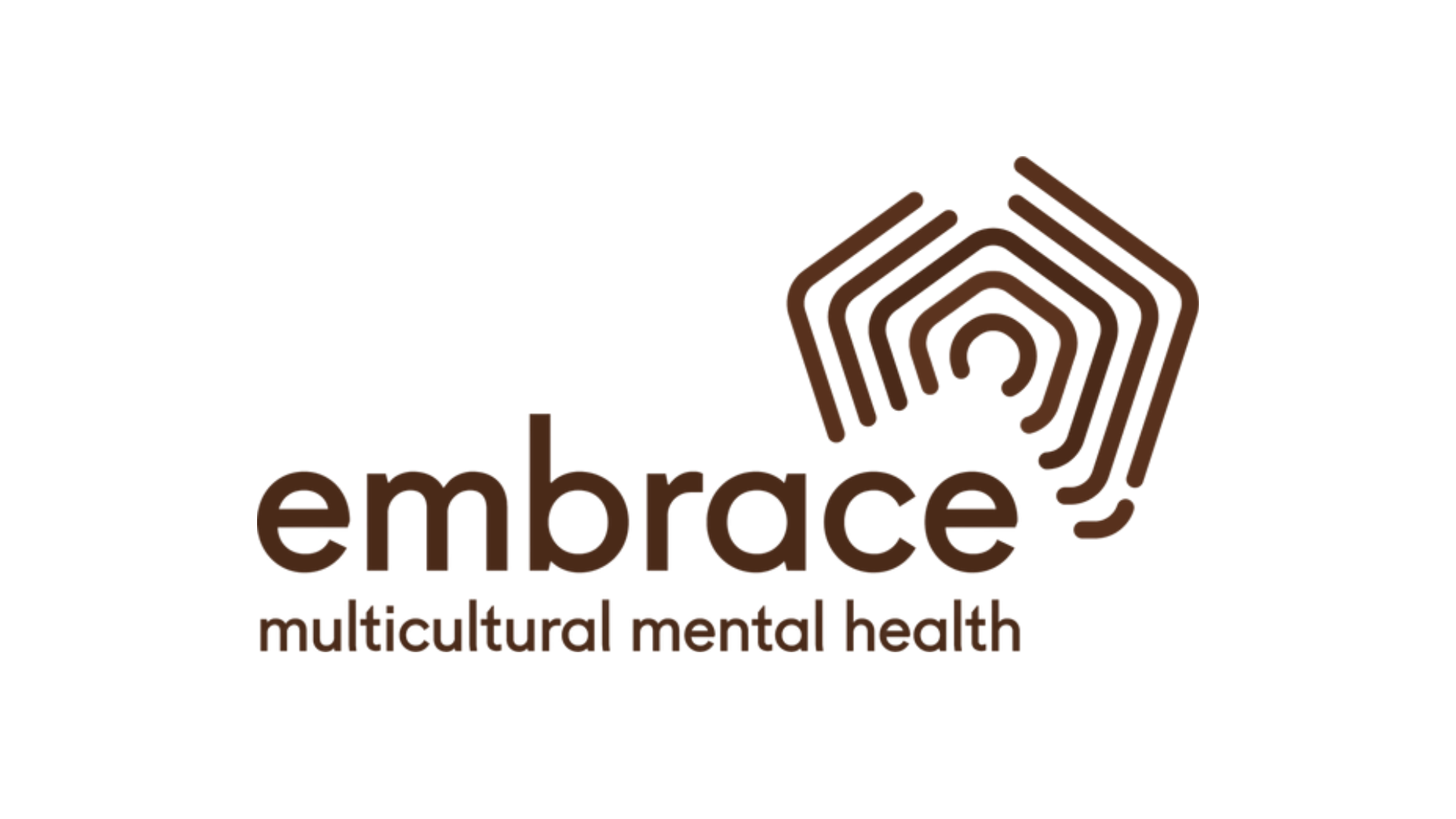Shapes & Sounds is a social enterprise that
destigmatises mental health for Asian communities
We create culturally relevant programs and resources that are designed and delivered by qualified, culturally-responsive mental health practitioners.
Whether you're exploring mental health support for the first time, or you're looking to deepen your wellbeing and growth, we’re here to support you at every stage.
We also act as a bridge between the Asian community and the mental health sector, supporting practitioners and organisations to better understand, engage, and care for Asian clients through evidence-informed cultural-competency training and consulting.
As Australia’s leading voice in Asian mental health, we combine lived experience, clinical expertise, and research partnerships to drive meaningful change across the community and the mental health system.





Join today as we finalise our website upgrade. Save over $240 annually with our limited-time offer!
💡Free, no-obligation 90-day trial included.

We step into the privilege of our qualifications and experience to work towards improving the mental health of people of Asian identities.
We learn, we take action, we reflect and we repeat, so that we can inspire change within ourselves and our community.

We celebrate the fact that we're a bunch of imperfectly perfect humans, working to support other imperfectly perfect humans.
We use technology to make mental health accessible, but behind every screen or email, is just a mere human reaching out to connect with you.

We know that a safer, kinder and more equitable future exists and we hold onto this vision with deep conviction.
When we lose hope, we know that we're tired so we rest and care for ourselves until we feel that sense of hope emerge again.
We love making free resources to support community members. If you're in a position to do so, please support our work!
Support Shapes & SoundsImproving your mental health is a non-linear journey, and whether you’re brand new to the idea of therapy or you’re now seeking something more to facilitate deeper change within, we’re here to help.
Below, you'll find our three step approach to help you improve your mental health. Know that it's common to move and weave across all three steps at different times in your life.
If you’re not feeling well but you’ve never sought professional support for your mental health, seeking individualised care from a qualified practitioner is your first, crucial step in improving your mental health.
We’ve created free resources that help you to learn more about how culture and mental health intersect. Find relevant mental health information over in our learning centre
Dive into conversations about mental health and wellbeing with the Asian Mental Health podcast, featuring our team, Asian therapists, researchers and community leaders who share their personal experiences and strategies that you can adopt straight away.
Are you a mental health practitioner seeking more information about Asian mental health? Connect with us over on the For Service Providers page
For Service Providers